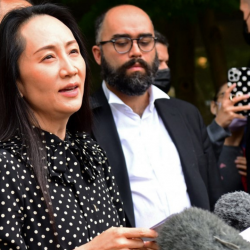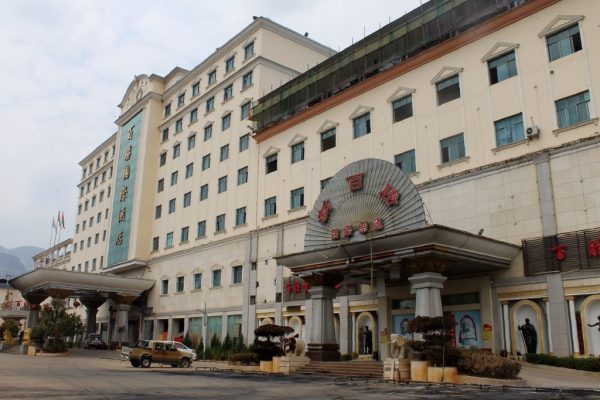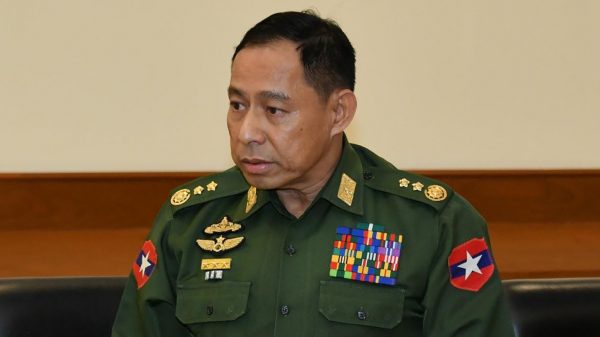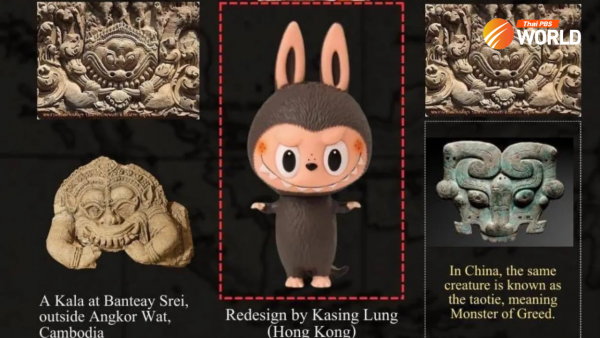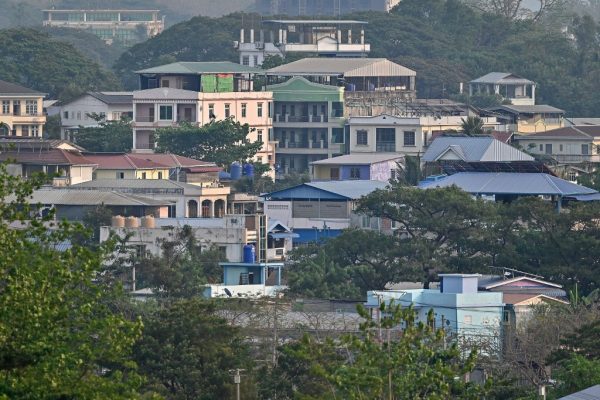Myanmar Report: Death of the independent press
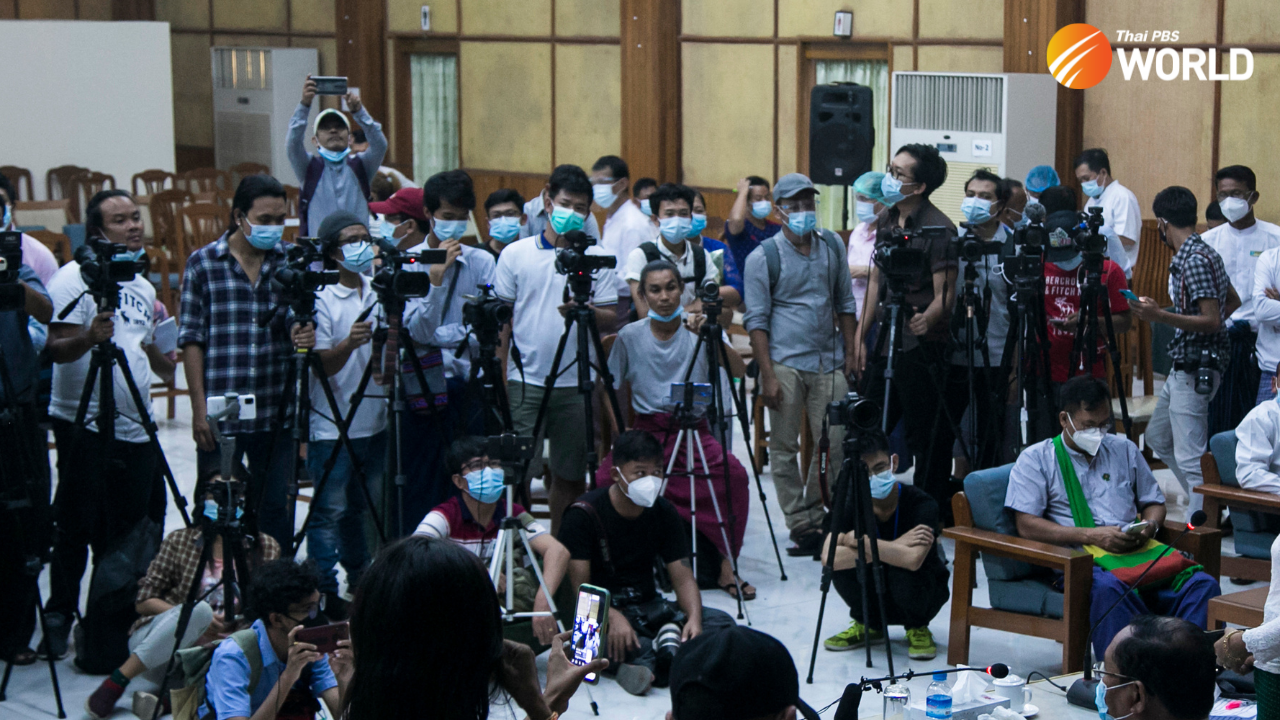
Since the February 1st military coup, led by the Senior General Min Aung Hlaing and the Tatmadaw (military), Myanmar had endured a great deal of turmoil.
Several journalists have been convicted on various charges, which include violations of section 505A of the penal code, which makes it a crime to publish or circulate stories, reports or even social media comments which contain “fake” news, in an attempt to sow fear and chaos.
By September, 98 journalists had been arrested, while 46 are still in detention, according to the Assistance Association for Political Prisoners (AAPP).
The junta took swift action to ensure that the news media industry wrote, spoke and shared only news which was to their liking. Many private news media organizations have been banned outright for disobeying the junta’s commands and those that attempt to remain operational have come under draconian censorship that blocks reporting of any news regarding the parallel National Unity Government (NUG) and the terms “coup”, “military government” and even “military coup”.
While there are no longer man-hunts for specific journalists, mostly because many of them are already behind bars and being held incommunicado or have managed to slip away to other countries.
Some, like Kamayut Media’s founders and editors Nathan Maung and Han Thar Nyein, were reportedly arrested and tortured. Nathan Maung, a US citizen, was released after having been detained for three months and deported swiftly, without letting being allowed to see his family members. Han Thar Nyein remains in detention.
Similarly, Danny Fenster, another US citizen and Managing Editor of Frontier Myanmar, was also detained as he waited to board a flight out of the country on May 24th.
In free territory
For Ms. Y, a member of a news organization banned in Myanmar, it was an inevitability that led her to escape into “free areas”, a term the population of Myanmar had come to use for places over which the junta’s control was weak or nonexistent, such as neighboring nations.
She says that, despite having kept a very low profile, both pre and post-coup, she finally had to escape from the military’s clutches.
“I did interviews with xxxx and xxxx. Those were definitely eye-catching and I waited for my name to appear on the “505(a)” list. Luckily, however, the name never appeared. Alas, that also doesn’t mean that you’re safe. After the coup, they (the military) enacted laws that allow arrest and detention without any warrants…….So I preemptively went into hiding and avoided possible capture.”
To her, it is an inevitability as, despite not having any warrants and being inactive in the journalism field, the junta had arrested journalists and had them arbitrarily detained. Plus, she didn’t want to put her friends in any danger by harboring her because, if she was arrested, they would definitely be implicated.
She continues to conduct interviews and more, but without her face being revealed. She also declined to comment on the work environment and flow of work in “free areas” for fear of putting her associates and colleagues in danger.
“I can say I’m in a safe place now, but it is tough. I feel depressed at times,” said Ms. Y, warning that those wishing to escape to places, like where she is now, must prepare mentally for the hardships ahead.
Death of the press
As for Mr. K, he remains working in a private news media group, which is being allowed to operate because it adheres to the rules set down by the military government.
“You know the story. We are allowed to remain open and go about our job as long as we don’t do things that they do not like. In these trying times, I am glad I have a place to work,” said Mr. K.
However, K says that he feels that he has dishonored his peers and colleagues.
“Many of the journalists I know left the country or went into hiding, so that they may continue reporting the truth, at least as much truth as there could objectively be in this situation. They chose to sacrifice, many of them leaving their families behind so that, at the very least, they will not be censored and watched by the junta. I am envious of them and ashamed of myself sometimes because I do not dare to risk it.”
He also says that it is a great professional dilemma for many journalists.
“The first thing is the career aspect of it. Outside opportunities, such as seeking refugee status in other countries or getting some jobs there aside, all of us are at risk of losing our careers. For the news media which have been exiled, you can say that, essentially, their careers in the local scene are effectively over, unless the military junta goes away. Those of us who remain working run the risk of being ostracized by fellow journalists as well as, maybe, even getting the company abolished. It is probably unlikely but, even if that does not happen, my career is stuck here because I am this journalist from this organization which agreed to work with the junta. If the junta remains in power, then well, you know how it is,” said K.
He says that, despite all the uncertainty, one thing is for sure. Journalism in Myanmar is slowly dying.
Ms. Y agrees that this is the case.
“The media is supposed to be neutral, observe ethical standards and balance the news by using multiple sources and so on, but the events surrounding the coup and the injustices it wrought are simply glaring, and so I see many journalists writing with their emotions evident. While I can understand that, this isn’t good at all. If we win the fight this time, we may is lost, then it will be next to impossible to save the news media industry. Journalists will be jailed in droves and die under torture. If not, their lives will be ruined unless they flee abroad. Whatever the case, the news industry will struggle and press freedom will be lost. Only those who don’t report the truth and news media which actively avoid trouble with the junta will survive. Those that are on the opposite side will become something akin to activists. This is one of the consequences of the coup; the destruction of the news media industry.”
K says “There are groups that can survive on funds from abroad and they may be able to carry out truly independent journalism. There are also foreign news media representatives, such as yourself, but how long can you or others can continue doing so if the junta decides to divert their attention to it? Is this a situation, where grievous crimes are being committed on a daily basis, something on which journalists must remain neutral? There are so many of us who are at a loss as to what to do.”
by David T.


